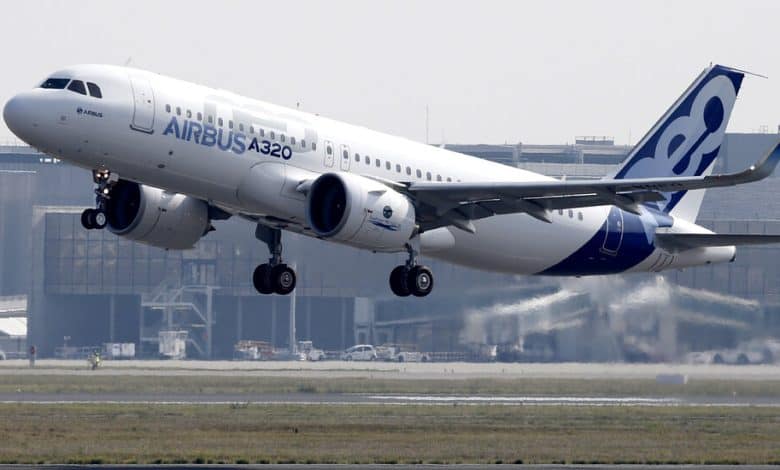Airbus Pulls Further Ahead of Boeing in Global Plane Rivalry

Airbus said Thursday that it would ramp up deliveries this year of some of the world’s most sought-after aircraft, bolstering its position as the largest plane maker and pulling further ahead of Boeing as its U.S. rival focuses on the fallout from a major safety crisis involving its 737 Max line of airliners.
Airbus, the European aerospace giant, plans to deliver around 800 jets to customers this year, including the popular single-aisle A320neo, its main competitor to the 737 Max. It delivered 735 planes last year, more than it had originally targeted. This year’s push is intended to meet what Guillaume Faury, the plane maker’s chief executive, said was a sharp recovery in demand for air travel after pandemic lockdowns.
Airbus pulled in a record 2,094 commercial aircraft orders last year, partly on a surge in demand for narrow-body and mid-sized jets from India and other rapidly growing countries. That added to the company’s extensive backlog of 8,598 commercial aircraft at the end of 2023.
By contrast, Boeing delivered 528 commercial airplanes and recorded 1,576 net orders.
Airbus has also started work on preparing a successor for the best-selling A320neo, Mr. Faury announced. The new plane would be more fuel-efficientandwould take to the skies by the mid-to-late 2030s.
The development of that plane, known as the Next Generation Single Aisle, would put Airbus further ahead of Boeing in terms of cutting-edge technology aircraft. The plane is intended to burn around 20 percent less fuel per seat and be made entirely with sustainable or synthetic materials. Analysts said Boeing may not have the war chest to advance with new plane development as it prioritizes dealing with its quality control crisis.
Airbus reported adjusted earnings of 5.8 billion euros ($6.2 billion) in 2023, a small increase on the previous year, on revenue of more than €65 billion. The company added a special dividend, on top of its usual payout, as its net cash exceeded €10 billion.
We are having trouble retrieving the article content.
Please enable JavaScript in your browser settings.
Thank you for your patience while we verify access. If you are in Reader mode please exit and log into your Times account, or subscribe for all of The Times.
Thank you for your patience while we verify access.
Already a subscriber? Log in.
Want all of The Times? Subscribe.